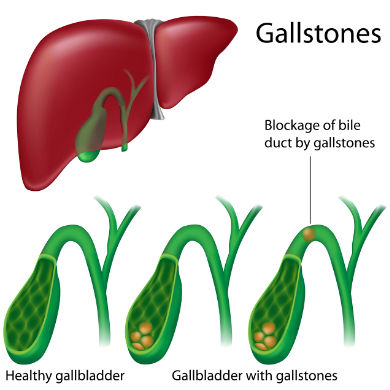Impact of Climate Change in Coral Reefs
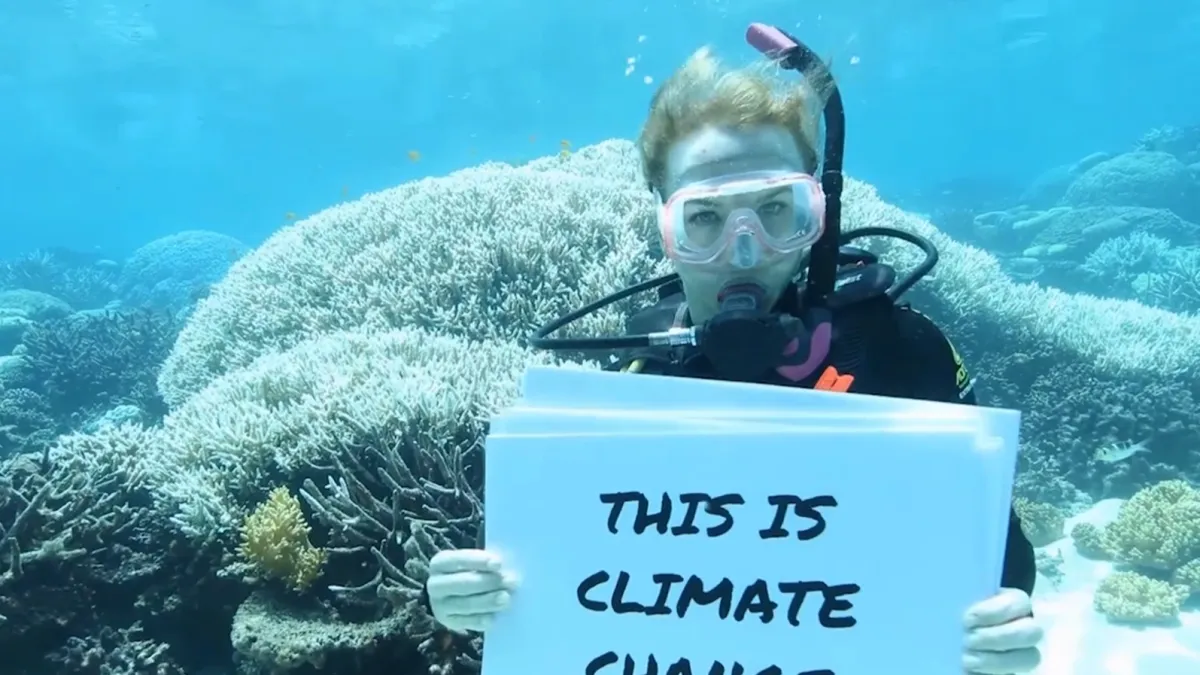
By Fiona Wang
The global temperature is rising rapidly; sea level is rising; glaciers are retreating… How severely our Earth is changing!
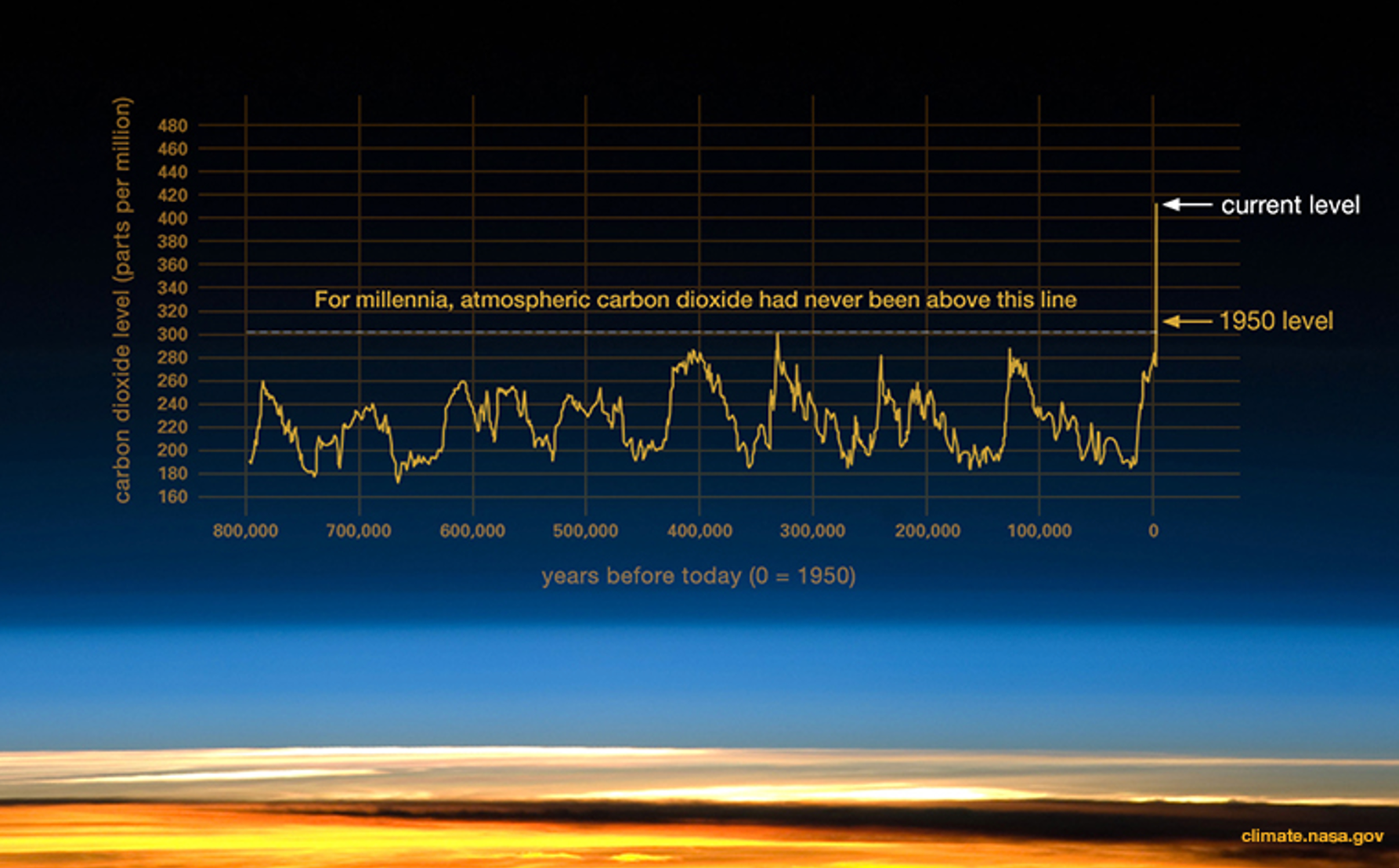
Climate Change
The global temperature is rising rapidly; sea level is rising; glaciers are retreating… How severely our Earth is changing!
The climate has changed severely since around 1950, when the first atomic bomb was tested and the first human-generated radioactive particle was created. The carbon dioxide level in the atmosphere has risen dramatically instead of keeping in a constant fluctuation cycle as that in the past. Latest measure of carbon dioxide in atmosphere:419ppm (150% of its value in 1750 due to human activities). Carbon dioxide is a greenhouse gas which traps heat on the Earth. Thus, the global temperature is also rising rapidly along with the carbon dioxide concentration. The ocean water temperature also increases, which has negatively affected the ocean environment.
How to Human Impact Climate Change
Combustion of fossil fuels is by far the human activity most responsible for greenhouse gas emissions; from transportation to energy use, fossil fuels are used often by human beings and are therefore responsible for the majority of carbon dioxide emissions. The second and third most important ways in which humans contribute to the aforementioned emissions are through electricity, which is responsible for 31% of emissions, followed by industry at 16%, both also due to the use of fossil fuels for energy. We have to admit that our daily life is absolutely accompanied by carbon dioxide emission. To help reduce the emission, we have to try our best to use the energy as efficiently as possible.
Impact of Climate Change on Coral Reefs
As the temperature changes severely in the ocean , the symbiotic organisms of corals (algae) face serious problems of the degradation of their photosynthetic pigments which leads to death and also the whitening, or bleaching, of the corals, and under the situation of massive die out of algae, corals have lost their main nutrient resource. This means that the bleaching event not only makes the corals look less colorful but also tightly associates with the devastation of coral reefs. At the same time, ocean acidification is driving another set of insidious changes in the health of coral reefs. Ocean acidification occurs when CO2, enters the ocean and reacts with water, creating a dilute acid. The increasing acidity reduces the availability of carbonate ions in seawater, which allow corals and other organisms to make their calcium carbonate skeletons, which also leads to the devastation of coral reefs. Coral reefs are home to approximately 25% of all marine species. The devastation of coral reefs makes mass amount of marine species homeless and thus have a sharp reduction in number. This detrimental process results in a negative cycle in the food chain and even the whole ecosystem. Then, not only the coral reefs will be bleached, the entire colorful, exuberant marine system will be bleached.
Shouldn’t we care about caring for the environment in our daily lives then?

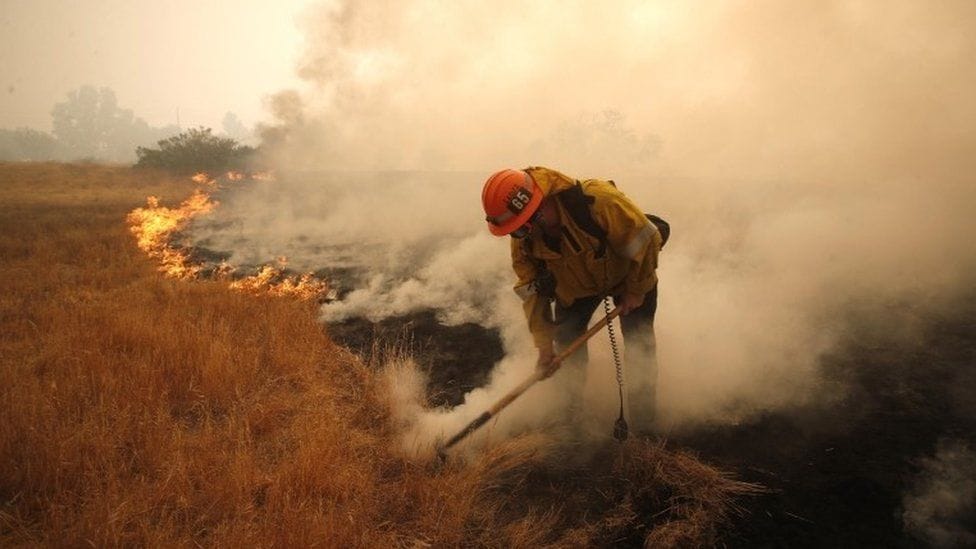
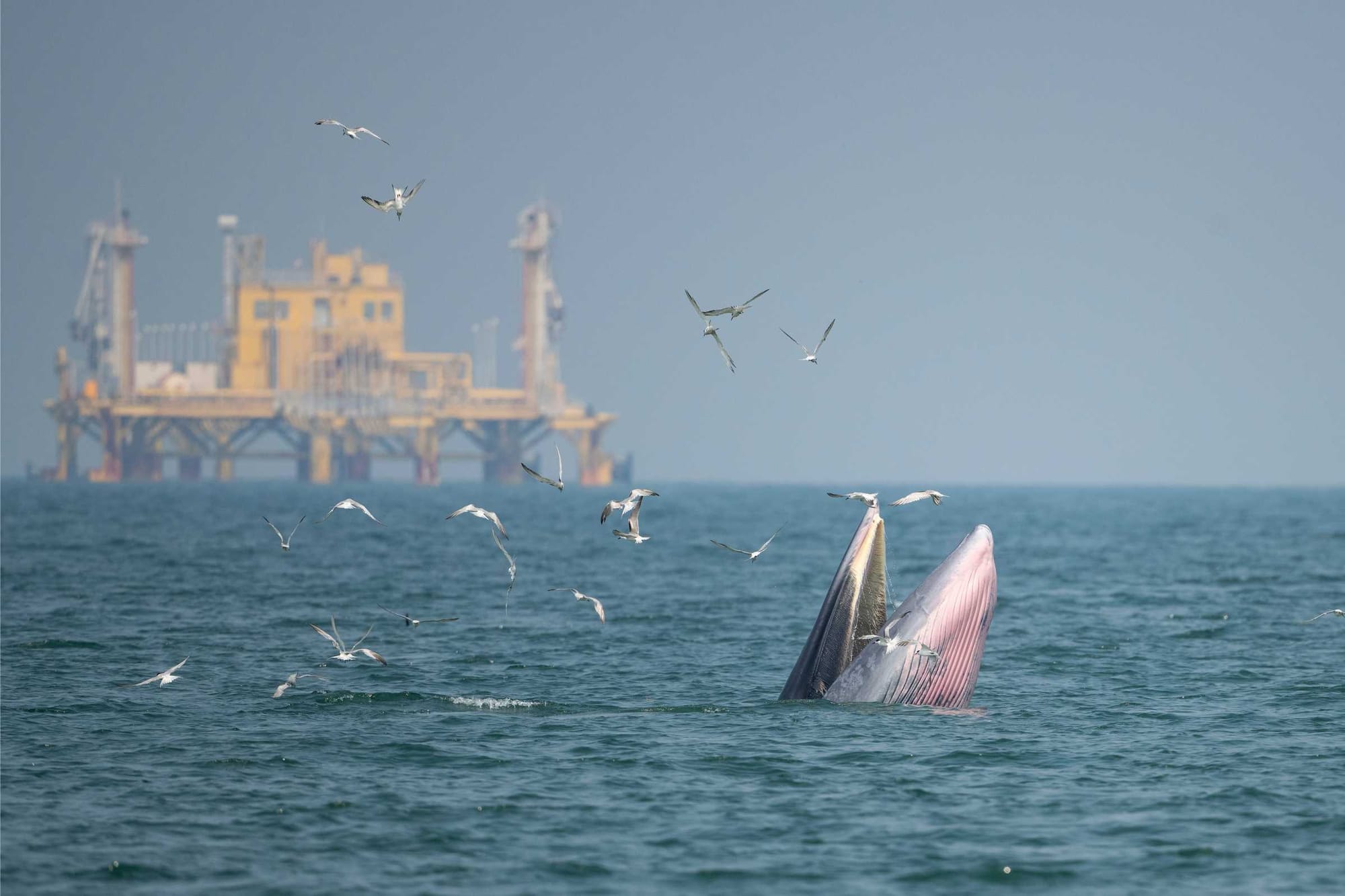
Impacts of climate change on the planet, the animals, and us.




